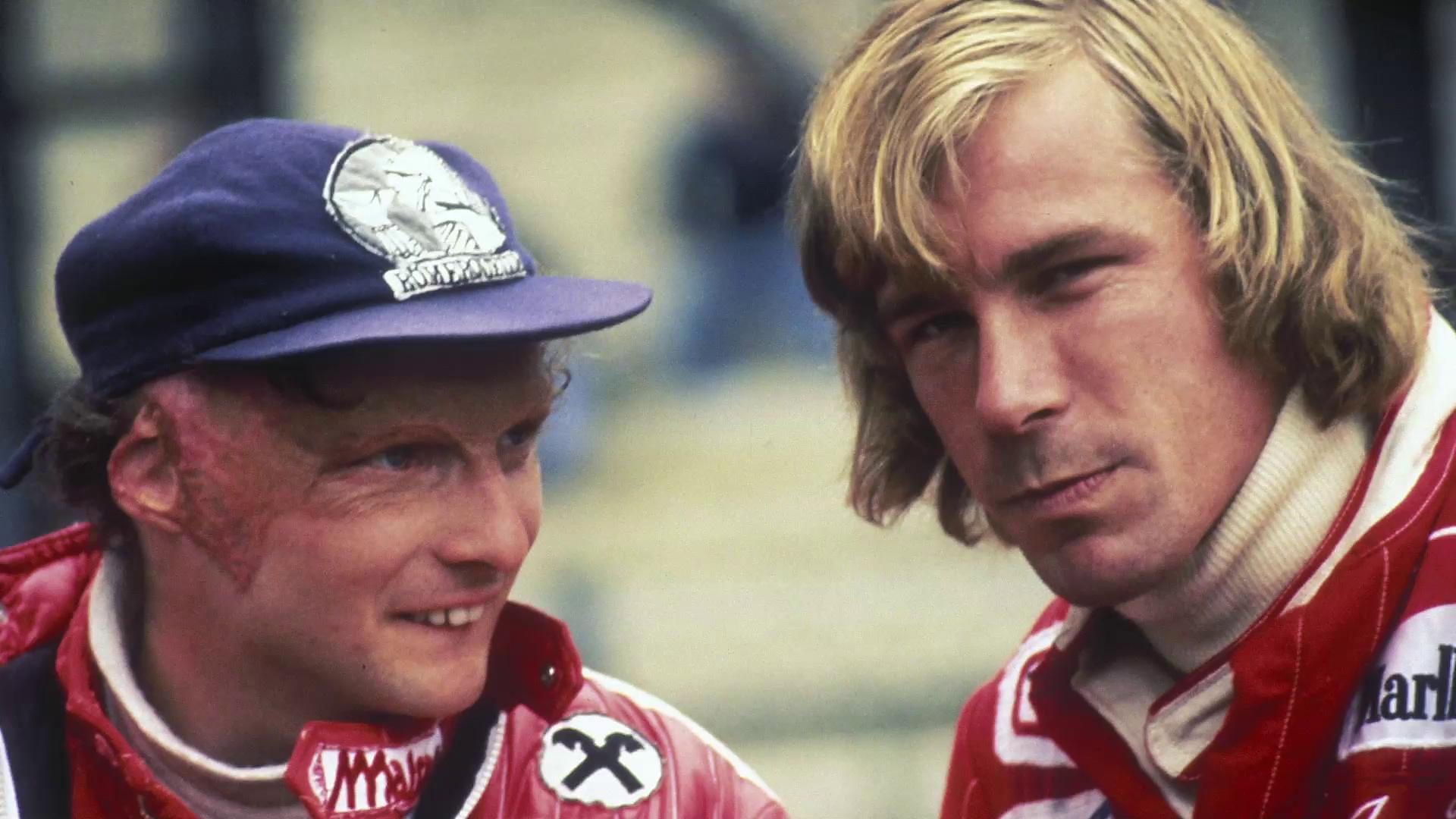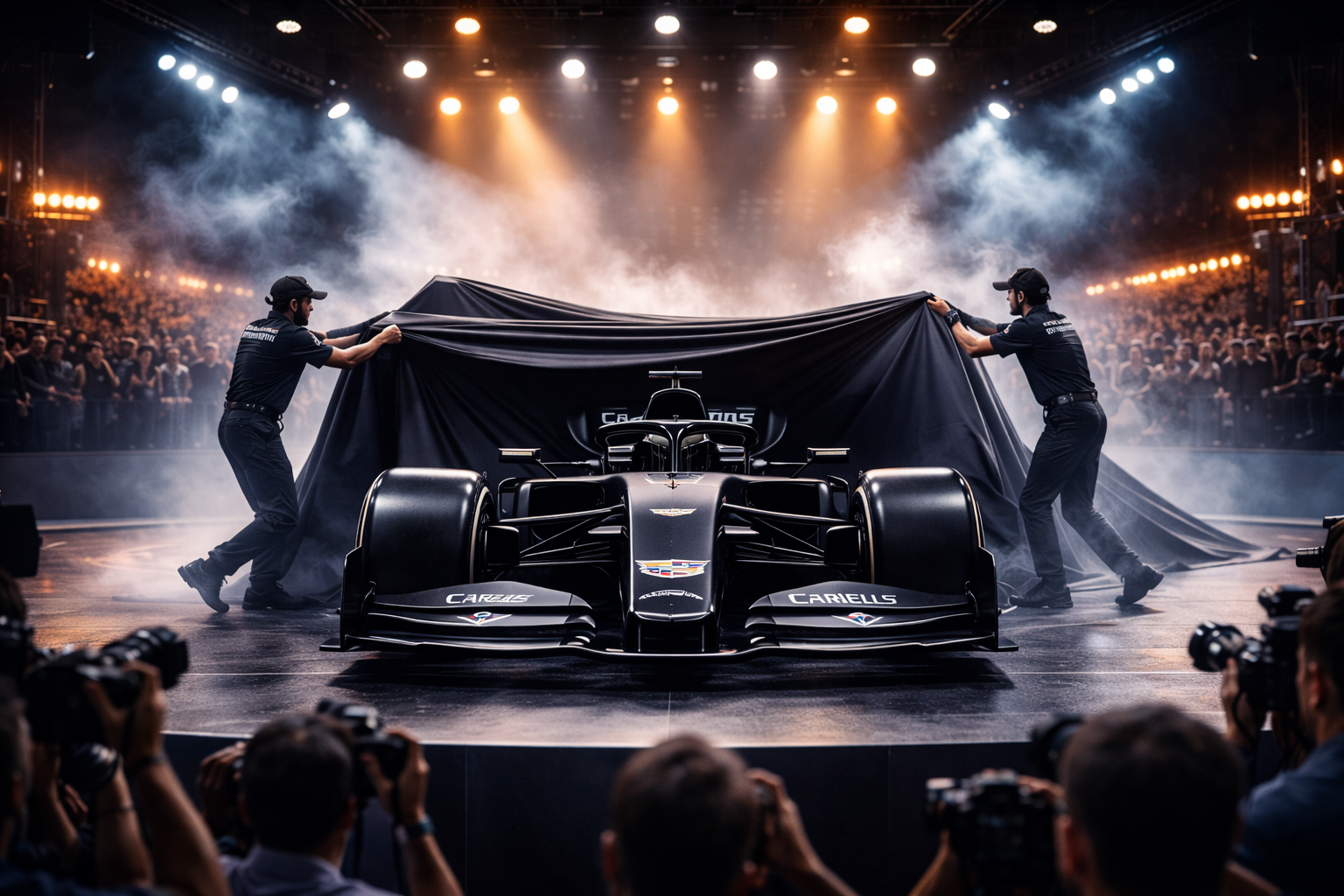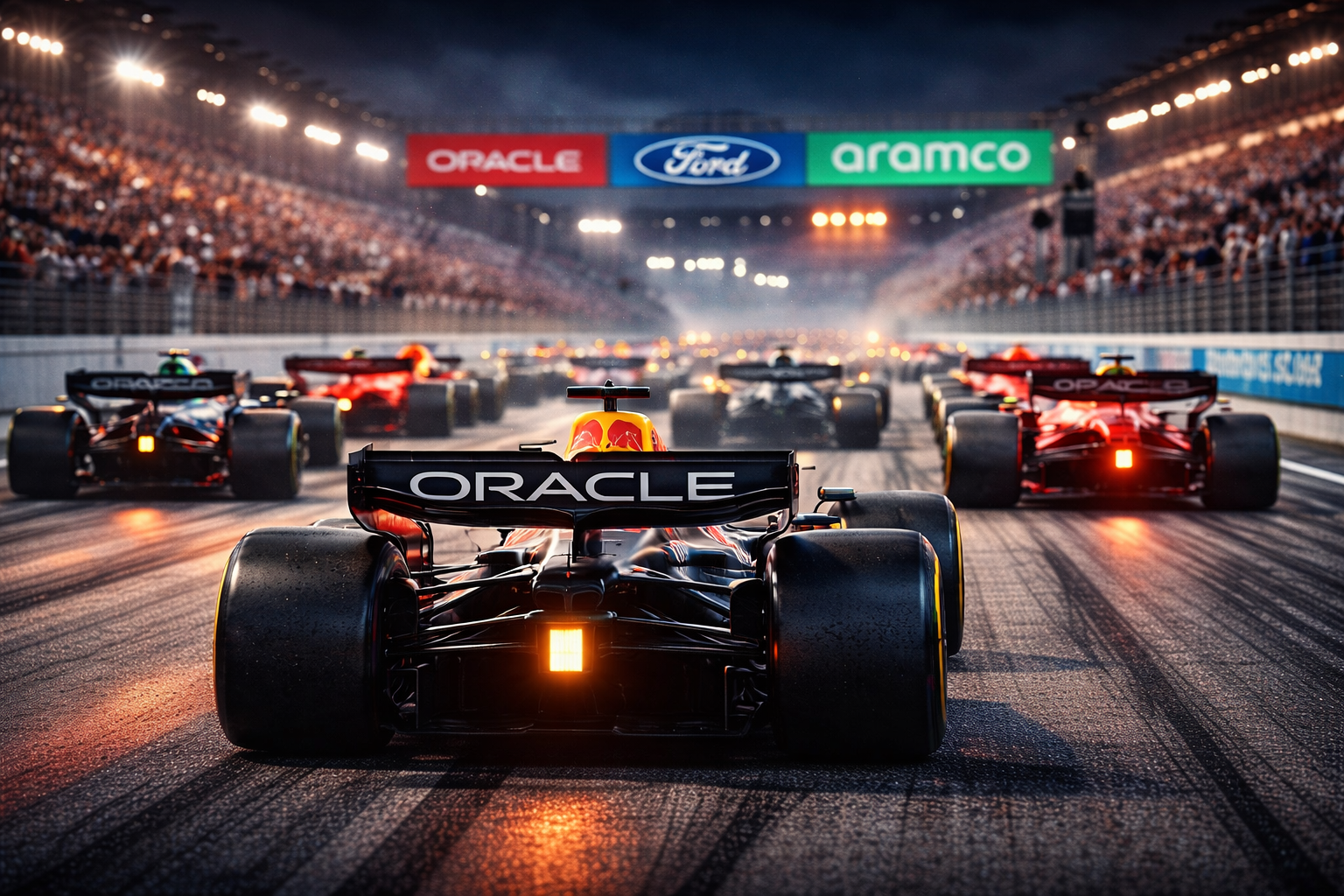Last updated: 07/10/2025
History of F1: Complete Timetable
Few sports have evolved as dramatically as Formula 1. What began as a European racing experiment in 1950 has grown into a global phenomenon, blending speed, technology, and human brilliance. In this post, we’ll walk through the history of F1 decade by decade – from its humble beginnings to the cutting-edge hybrid era, in a clear and complete timetable.
The Birth of Formula 1 (1950s)
The history of Formula 1 officially began in 1950, when the first F1 World Championship was organized by the FIA. The opening race took place at Silverstone, England, on May 13, 1950.
Key milestones:
- 1950: Giuseppe Farina became the first F1 World Champion with Alfa Romeo.
- 1951: Juan Manuel Fangio won his first of five world titles, dominating the early decade.
- 1955: Mercedes-Benz withdrew from F1 after the Le Mans disaster.
- 1958: The Constructors’ Championship was introduced, giving teams an official title to compete for.
The 1950s were all about raw power, minimal safety, and driver bravery – laying the foundation for everything that followed in F1 history.
The Golden Age of Innovation (1960s)
The 1960s transformed Formula 1 history through innovation and new talent. Teams began shifting engines to the rear of the car, drastically improving handling and aerodynamics.
Key moments:
- 1962: Lotus introduced the first full monocoque chassis, revolutionizing car design.
- 1967: The first F1 car with a commercial sponsor, the Lotus 49 – appeared, starting F1’s marketing era.
- 1968: Graham Hill won for Lotus after Jim Clark’s tragic death earlier that year.
This decade cemented F1’s reputation for constant evolution, a defining feature of the history of F1.
The Era of Speed and Danger (1970s)

Picture: Reddit
The 1970s were a thrilling yet perilous period in F1 history. Safety became a growing concern, as drivers faced frequent fatal accidents.
Highlights:
- 1970: Jochen Rindt became the only posthumous World Champion.
- 1975: Niki Lauda won his first championship with Ferrari.
- 1976: The Lauda vs Hunt rivalry captivated the world.
- 1978: Lotus dominated with ground-effect aerodynamics, a major leap in car performance.
The decade was defined by fierce rivalries, evolving technology, and the push for better safety measures.
Turbo Power and Global Expansion (1980s)
If the 1970s were dangerous, the 1980s were explosive – literally. The turbocharged era began, bringing unprecedented speed and power to Formula 1.
Key milestones:
- 1981: The first carbon fiber chassis (McLaren MP4/1) debuted.
- 1984–1988: Niki Lauda, Alain Prost, and Ayrton Senna became household names.
- 1988: McLaren won 15 of 16 races, dominating the sport.
- 1989: Turbo engines were banned after reaching extreme power levels.
This decade marked Formula 1’s global expansion, with new races across Asia and the Americas, solidifying its place in international motorsport.
The Technological 1990s
The 1990s were a defining era in the history of Formula 1, blending technology with incredible rivalries.
Highlights:
- 1991: Michael Schumacher made his debut.
- 1994: The tragic deaths of Ayrton Senna and Roland Ratzenberger at Imola led to massive safety reforms.
- 1998: McLaren’s Mika Häkkinen battled Ferrari’s Schumacher in one of the best rivalries in F1 history.
Electronic aids, active suspension, and improved aerodynamics turned Formula 1 into a highly technical sport, setting the stage for the modern age.
The Schumacher Domination (2000s)

Picture: Getty Images
The early 2000s belong to one man – Michael Schumacher. Driving for Ferrari, he redefined success and consistency in Formula 1.
Key achievements:
- 2000–2004: Schumacher and Ferrari won five consecutive titles.
- 2005–2006: Fernando Alonso broke Ferrari’s dominance with Renault.
- 2008: Lewis Hamilton won his first title with McLaren in a dramatic final race.
By this stage, Formula 1 had become a blend of strategy, technology, and global entertainment, a long way from the early races of the 1950s.
The Hybrid and Modern Era (2010s–Present)
The modern chapter in F1 history began with the hybrid power unit revolution. Cars became more efficient, yet faster than ever.
Timeline:
- 2010–2013: Red Bull and Sebastian Vettel dominated the sport.
- 2014–2020: Mercedes entered a golden era with Lewis Hamilton, winning multiple championships.
- 2021: Max Verstappen ended Hamilton’s streak in one of the most controversial seasons in F1 history.
- 2022–2025: The ground-effect cars returned under new regulations, marking a new phase in Formula 1 history.
- 2026 and onwards: introducing new power units with increased electric power and sustainable fuels. Formula 1 is preparing for another major technological leap that will define the next generation of racing.
Modern F1 is about sustainability, cutting-edge technology, and intense global rivalries, proving that the history of Formula 1 is far from over.
FAQ
- When did Formula 1 begin?
The first official F1 World Championship race was held at Silverstone in 1950. - Who is the most successful F1 driver in history?
Lewis Hamilton and Michael Schumacher share the record with seven world titles each. - What is the biggest change in F1 history?
The introduction of hybrid engines in 2014 transformed performance and sustainability. - How has safety evolved in Formula 1?
From open-cockpit cars with no seatbelts to modern halo-protected machines, F1 has prioritized driver safety more each decade. - Who dominates Formula 1 today?
Currently, McLaren leads the modern era of F1 dominance as they just won the constructor title for the second year in a row.
Conclusion
The history of F1: complete timetable tells the story of constant evolution — of drivers, machines, and human ambition. From Fangio’s early brilliance to Verstappen’s modern mastery, Formula 1 history is a thrilling timeline of innovation and passion that continues to shape the world’s fastest sport.
Recent Posts
-

How to Become an F1 Driver?
-

Will Kalle Rovanperä Drive in Formula 1?
-

How Do F1 Car Reveals Work? 2026 Launch Dates
-

Why Formula 1 Is More Attractive to Brands Than Ever
-

F1 Fitness Explained: How Physically Demanding Is Formula 1 for Drivers?
-

Ferrari Driver Academy: From Karting to Formula 1
-

2026 F1 Power Unit Changes Explained: What the New Regulations Mean for Formula 1
-

Sauber F1 Team History Overview (1970-2025): From Independent Constructor to Audi Operation
-

Audi F1 Team: Full Overview of the German Manufacturer
-

Why Ford Is Joining Formula 1 With Red Bull From 2026
